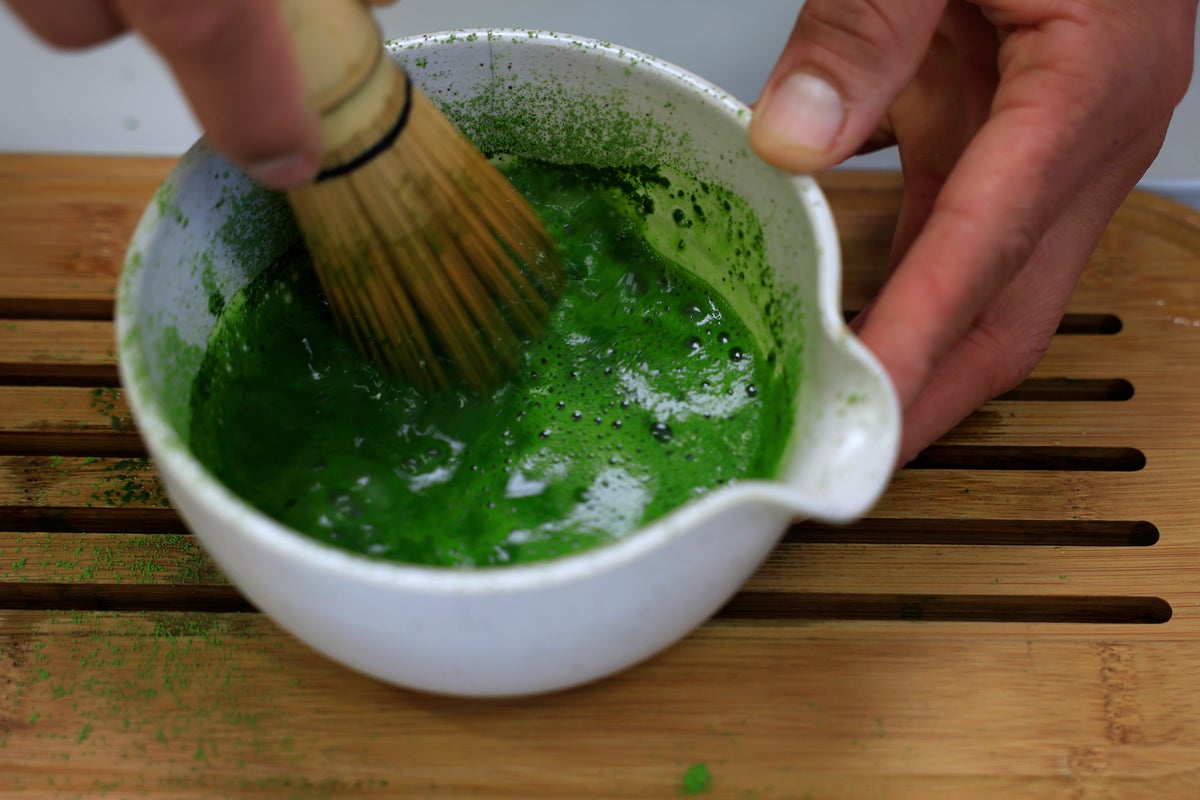Last Updated:
Sai Tamhankar dazzles this Diwali in a bold, vibrant corset and draped skirt ensemble, proving that festive fashion can be equal parts tradition and glam.
Sai Tamhankar Redefines Festive Fashion in a Bold, Colourful Corset Look
“Diwali, but make it glam!” 👄 wrote Sai Tamhankar on Instagram — and she did exactly that. Known for her fearless fashion choices and unapologetic confidence, Sai once again redefined festive dressing by blending tradition with a striking modern twist.
For this year’s Diwali, the actress turned heads in a bold, structured ensemble that perfectly embodied her distinctive style — fierce, feminine, and full of color. She wore a vibrant hand-painted corset by Abu Jani Sandeep Khosla, featuring an explosion of paisley motifs in hues of fuchsia, turquoise, mustard, and gold. The intricately detailed bustier, cinched at the waist with impeccable tailoring, accentuated her silhouette and added a contemporary edge to the festive look.
Balancing the elaborate corset was a sleek draped skirt in a rich magenta tone, which fell effortlessly, giving the look both fluidity and drama. The outfit struck that rare balance between heritage craft and high fashion — a celebration of artistry through a modern, power-dressing lens.
Sai’s styling choices amplified the look’s boldness. She accessorized with stacked gold and pink bangles, statement rings, and minimal earrings letting the ensemble remain the focal point. Her long, voluminous hair cascaded in effortless waves, adding sensual movement that complemented the outfit’s structured silhouette.
When it came to makeup, Sai went all out glam. Her look featured bronzed, glowing skin, softly contoured cheeks, metallic rose eyeshadow, and a nude pink lip that kept things balanced. The makeup was equal parts festive and fierce exactly the kind of energy her caption promised.
Shot against a vivid mustard-yellow backdrop, the visuals perfectly captured her bold aesthetic, a masterclass in using color and confidence to command attention. Every frame exuded strength and unapologetic individuality, reminding us that Diwali fashion doesn’t have to mean traditional silks or sequins, it can be an artistic statement, a mood, a moment.
Sai’s look was a celebration of modern femininity powerful, experimental, and utterly glamorous. With her effortless poise and signature sass, she turned a festival of light into a festival of style.
Because when Sai Tamhankar says, “Diwali, but make it glam,” she means business and a little sparkle is just the beginning. ✨

Swati Chaturvedi, a seasoned media and journalism aficionado with over 10 years of expertise, is not just a storyteller; she’s a weaver of wit and wisdom in the digital landscape. As a key figure in News18 Engl…Read More
Swati Chaturvedi, a seasoned media and journalism aficionado with over 10 years of expertise, is not just a storyteller; she’s a weaver of wit and wisdom in the digital landscape. As a key figure in News18 Engl… Read More
October 23, 2025, 09:59 IST





